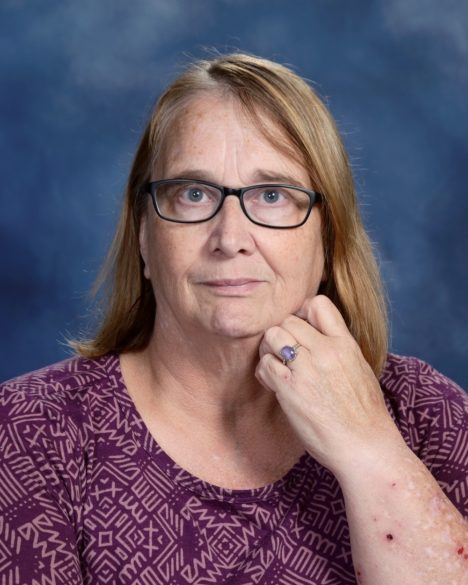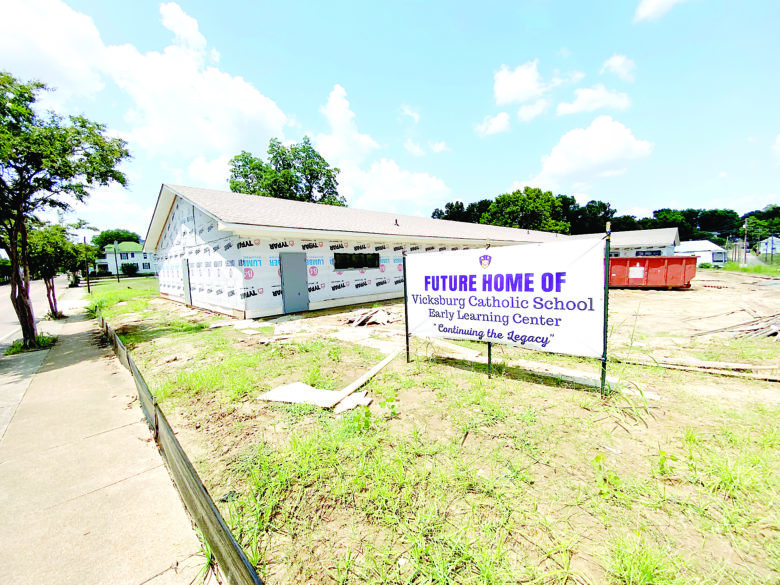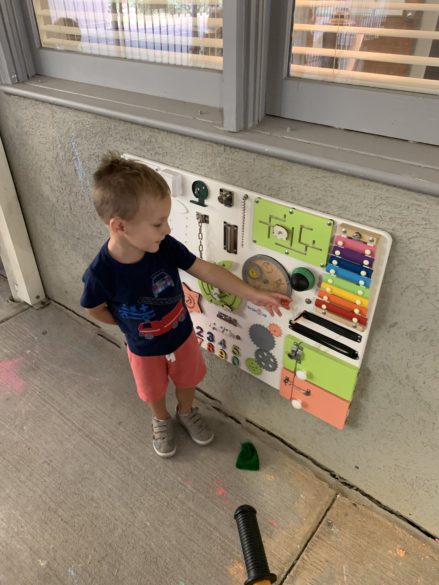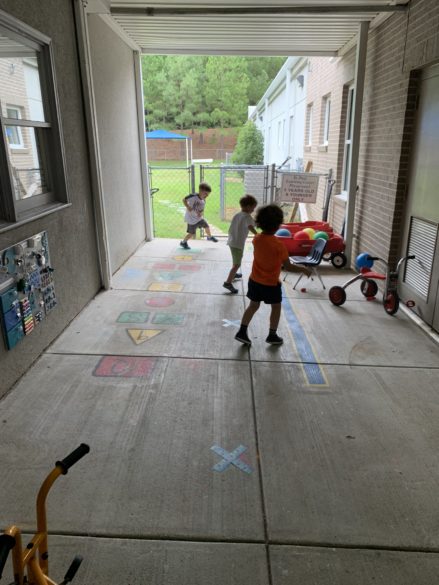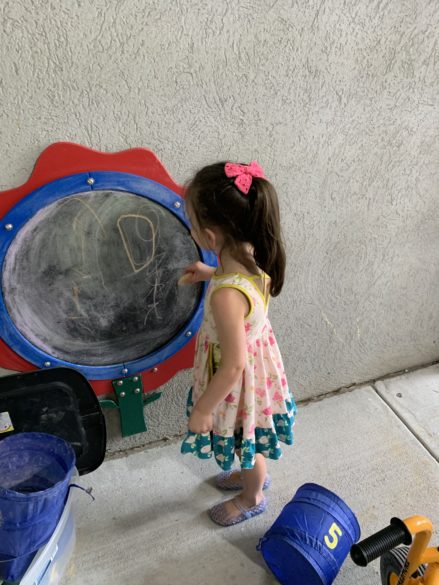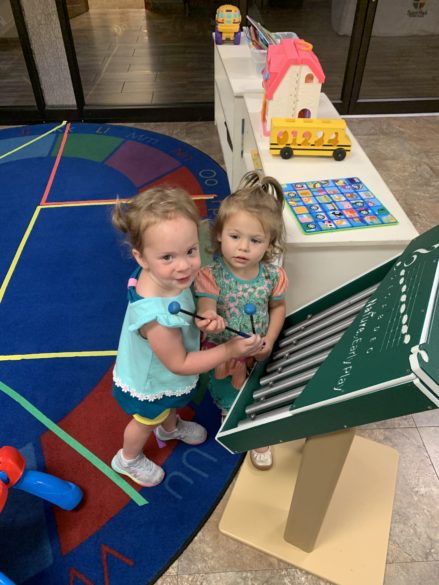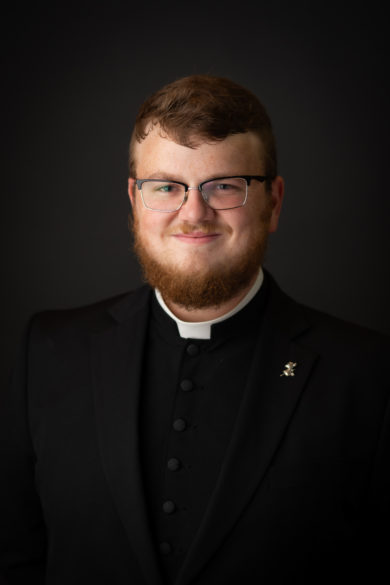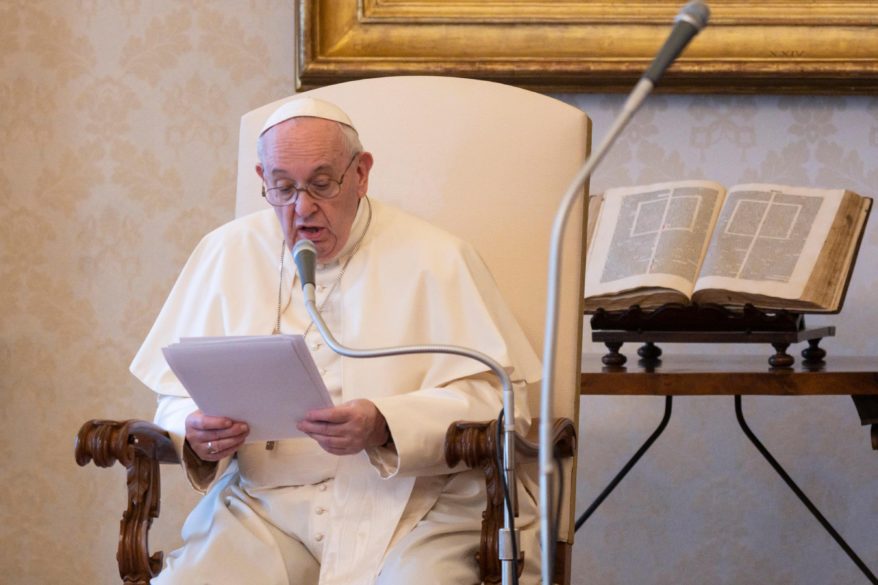IN EXILE
By Father Ron Rolheiser, OMI
Courage isn’t one of my strong points, at least not one particular kind of courage.
Scripture tells us that as John the Baptist grew up he became strong in spirit. My growing up was somewhat different. Unlike John the Baptist, as I grew up I became accommodating in spirit. This had its reasons. I was born with what Ruth Burrows would describe as a “tortured sensitivity,” an over-sensitive personality, and have never been able to develop a tough skin.

That’s not the stuff of which prophets are made. When you’re a child on the playground you better have the raw physical strength to challenge a situation that’s unfair or you better let things alone so as not to get hurt. You also better develop razor-sharp skills at avoiding confrontation and in the art of peacemaking. As well, when you aren’t gifted with superior physical strength and challenging situations arise on the playground, you quickly learn to walk away from confrontation. On the playground the lamb knows better than to lie down with the lion or to confront the lion, irrespective of the prophet Isaiah’s eschatological visions.
And that’s not all bad. Growing up as I did didn’t make for the tough skin and raw courage it takes to be a prophet, but it did give me an acute radar screen, namely, a sensitivity which at its best is a genuine empathy (though at its worst has me avoiding situations of conflict). Either way, it’s hasn’t particularly gifted me with the qualities that make for prophetic courage. I want, habitually, not to upset people. I dislike confrontation and want peacefulness at almost any cost, though I do draw some lines in the sand. But I’m no John the Baptist and it’s taken me many years to learn that, admit it, and understand why – and also to understand that my temperament and history are only an explanation and not an excuse for my cowardice at times.
In the end, the virtue of courage is not contingent upon birth, temperament, or mental toughness, though these can be helpful. Courage is a gift from the Holy Spirit and that’s why one’s temperament and background may only serve as an explanation and not as an excuse for a lack of courage.
I highlight this because our situation today demands courage from us, the courage for prophecy. We desperately need prophets today, but they are in short supply and too many of us are not particularly eager to volunteer for the task. Why not?
A recent issue of Commonweal magazine featured an article by Bryan Massingale, a strong prophetic voice on the issue of racism. Massingale submits that the reason we see so little real progress in dealing with racial injustice is the absence of prophetic voices where they are most needed, in this case, among the many good white people who see racial injustice, sympathize with those suffering from it, but don’t do anything about it. Massingale, who lectures widely across the country, shares how again and again in his lectures and in his classes people ask him: But how do I address this without upsetting people? This question aptly expresses our reticence and, I believe, names both the issue and the challenge.
As Shakespeare would say, “Ah, there’s the rub!” For me, this question touches a sensitive moral nerve. Had I been in one of his classes I would no doubt have been one of those to ask that question: but how do I challenge racism without upsetting people? Here’s my problem: I want to speak out prophetically, but I don’t want to upset others; I want to challenge the white privilege which we’re so congenitally blind to, but I don’t want to alienate the generous, good-hearted people who support our school; I want to speak out more strongly against injustice in my writing, but I don’t want multiple newspapers drop my column as a result; I want to be courageous and confront others, but don’t want to live with the hatred that ensues; and I want to publicly name injustices and name names, but don’t want to alienate myself from those very people. So this leaves me still praying for the courage needed for prophecy.
Several years ago, a visiting professor at our school, an Afro-American man, was sharing with our faculty some of the near daily injustices he experiences simply because of the color of his skin. At one point I asked him: “If I, as a white man, came to you like Nicodemus came to Jesus at night and asked you what I should do, what would you tell me?” His answer: Jesus didn’t let Nicodemus off easily just because he confessed his fears. Nicodemus had to do a public act to bring his faith into the light, he had to claim Jesus’ dead body. Hence, his challenge to me: you need to do a public act.
He’s right; but I’m still praying for the prophetic courage to do that. And aren’t we all?
(Oblate Father Ron Rolheiser, theologian, teacher and award-winning author, is President of the Oblate School of Theology in San Antonio, Texas. He can be contacted through his website www.ronrolheiser.com.)


